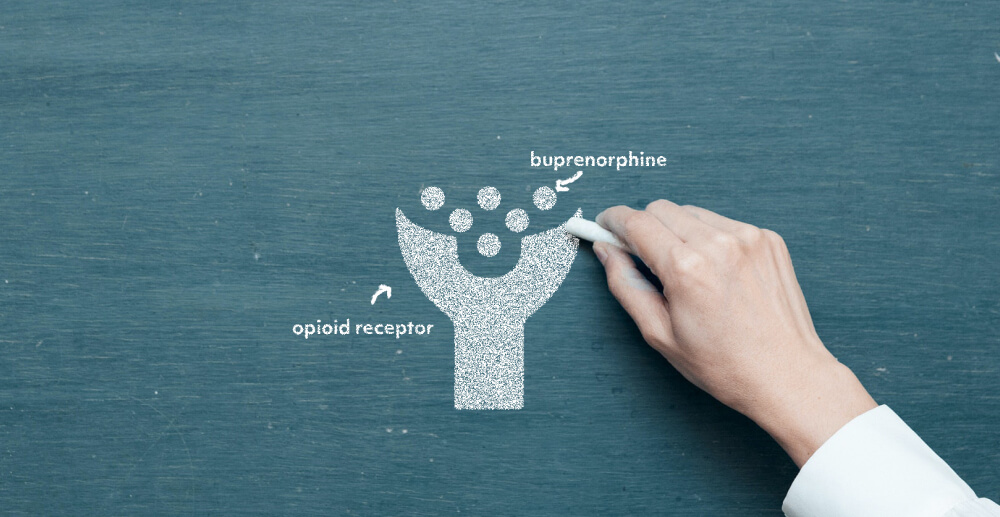For me, fighting FOMO in addiction recovery took several years.
Different kinds of FOMO?
We often conceive of fear of missing out (or FOMO) in relation to worrying about missing out on having fun. I think there is another kind of FOMO that is unique to addiction recovery: the fear of missing out on necessary recovery activities. The feelings are similar:
- Feeling like you will miss out on something critical to your recovery
- Fear that not attending a social event means you’re no fun, not really part of the group, not taking recovery seriously, or are disobeying “suggestions”
- Or even feeling like you’re being selfish by prioritizing rest over certain activities.
Here’s the thing: recovery is self-care. Caring for yourself might mean skipping a meeting and having an early night, or it might mean going to a convention if you have the energy. It might mean making sure to hang out with friends, or it might mean setting a boundary that you can’t spend time with them right now. Putting your needs first does not mean you are selfish or not serious about sustaining recovery, nor does it mean you’re a buzzkill. You are putting your mental and physical health first.
My FOMO around recovery suggestions
Have you heard a sponsor preface their suggestion with this statement? “This is a suggestion, just like a parachute is a suggestion for jumping out of a plane.” In other words: do it because your life and your recovery depend on it.
I took these words literally in those early days and many years afterward. When I was told to attend a meeting, unity day, or convention, I did it or faced FOMO and the feeling of disappointing my sponsor.
Now, however, after 12 years of therapy, recovery, and training as a therapist, I see that what I was struggling with was meeting my needs—that’s the part I was missing out on. I became burned out by attending all of these meetings late at night, meeting after meeting, and being out every day.
I also appreciate the nuance here. For some people who are more extroverted, those who don’t work early the next day, or folks who need less sleep, attending a recovery-related meeting or activity every day is totally achievable. It might even be energizing for them. For me, however, it was depleting. It took me another five years to understand why!
The root of FOMO
There are many root causes of FOMO:
- Fear of missing out on fun
- Fear of boredom (or of being boring)
- Being unable to spend time alone
- Concern that others will judge you for skipping an activity
- Fear that not joining the group will cause them to dislike or forget you
- Judging your full life against other people’s social media highlights
- Fear of missing out on something vital for your recovery
- Worrying that being alone means you’ll have cravings or return to use
- Not knowing how to recharge
- Thinking recovery results are measured by how many meetings you attend
- Fear that being imperfect at recovery will doom you
It’s critical we learn how to be alone in recovery. You cannot avoid yourself forever. If you’re following a recovery program, the idea is that you discover who you are anyway.
For introverts and neurodivergent people like me, alone time and overcoming FOMO is critical to sustaining well-being. If you are autistic, you need quiet time away from other people, noise, and other kinds of stimuli. Otherwise, you’ll not only burn out, but you’ll experience emotional dysregulation and potentially risk your recovery. In my experience, I learned that I needed several nights a week to recharge my batteries. Meetings, while affirming and validating, were exhausting for me: the bright lights, strong smells of coffee and cigarettes, uncomfortable chairs, sitting too close to others, and being forced to make eye contact by sitting in a circle.
For the more general fear of missing out on fun, building relationships in which we feel valued can go a long way toward easing the fear that we’ll be left behind. If our friendships are superficial, then missing an activity can feel like it endangers our standing in the group. But when we are confident we can connect with our friends and loved ones in many ways, missing an outing here or there isn’t threatening.
How to overcome FOMO in recovery
- Challenge your FOMO: Ask what you’re missing out on and whether it is more important than the rest. Assess your needs in that moment and decide what would be most helpful to you.
- Create your own fun: Especially if you’re neurodivergent, it might not feel like fun to go to a huge event or a meeting full of people and other sensory stimuli. “Fun” might be a structured social event with a small group of friends, like board games or crafting.
- Find what is restorative: Identify what you find relaxing and restorative, i.e., the activities that fill your cup. Those can include meetings, playing with your pet, reading comfort books, watching your favorite TV show while eating takeout … it’s all valid.
- Don’t be afraid to push back: If others in recovery are telling you what to do, remember you are a grown adult and in charge of your decisions. While some folks say, “Look where your decisions got you,” remember that you made the decision to get into recovery, no one else. You put in the work to get you to where you are today. So you can make good decisions.
- Remember, social media is an illusion. FOMO is often heightened when we see our friends on Facebook or Instagram having a blast without us. It’s important to remember that social media isn’t an accurate representation of what it portrays.
- Remember your Why: When you have FOMO about missing a party where people will be using or not trying a new flavor of alcohol, focus on why you decided to get into recovery. That reason is way more important than a fleeting moment of fun (that we know from experience is often not even fun at all).









